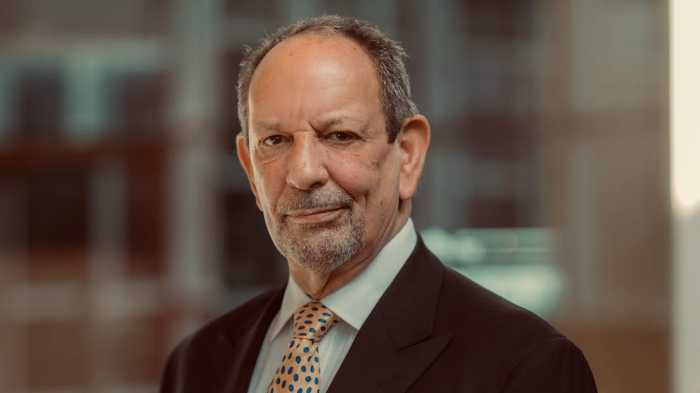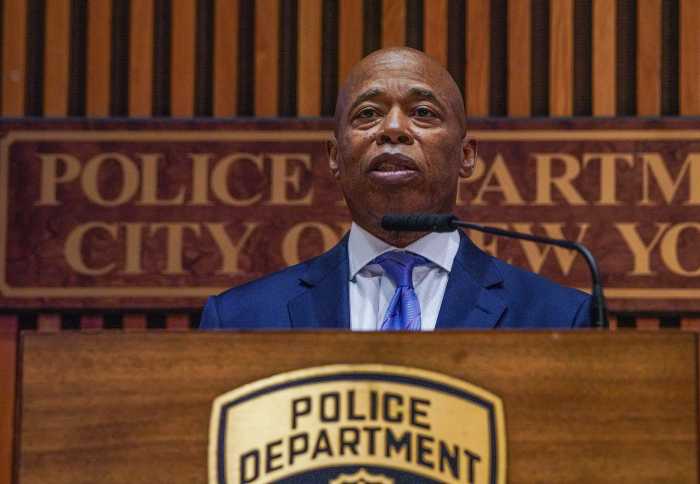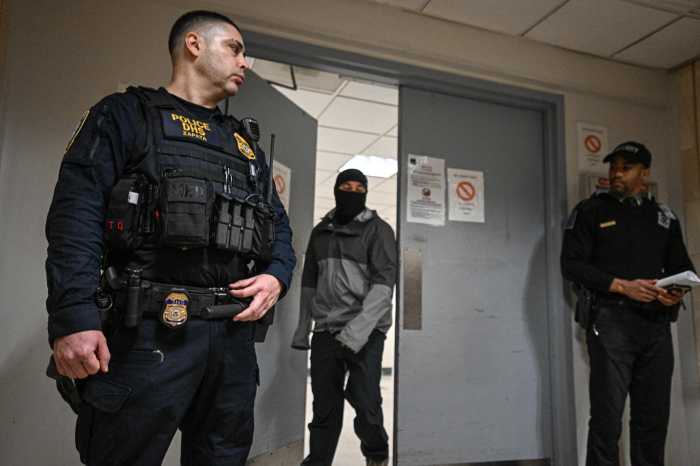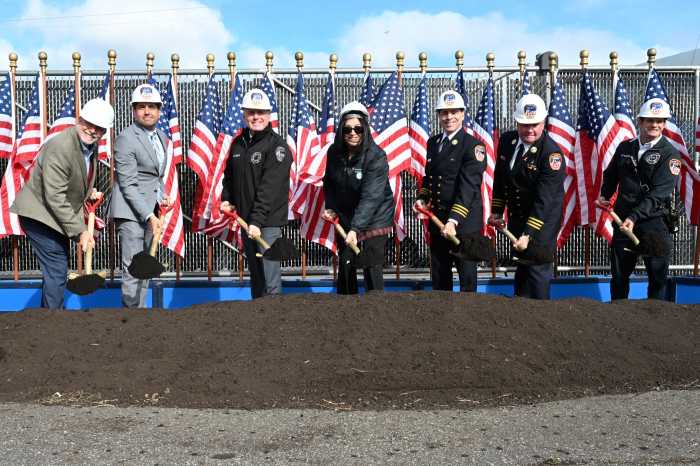Clean air is essential to human health and happiness, and it is one of the major goals that increased sustainability can achieve in New York. However, these goals can be at odds with city demand – businesses want their items delivered on schedule, residents want their online orders as quickly as possible, and our medical, construction, and financial services require specialized deliveries without delay.
All those essentials, and many more, require trucks.
Our industry has been at the vanguard of lowering emissions. Since 1974, truck pollutants have been reduced by 99%; 60 trucks on the road today equals the output of one truck in 1988. CARB Standard Certified Clean Idle Trucks, as well as alternative fuels and technologies such as renewable diesel, CNG, hydrogen, hybrid, and telematics make the “smoke belching truck” a thing of the past, with greater breakthroughs on the horizon.
Continued progress requires implementing policies that help truck drivers do their jobs more efficiently while fixing those that are needlessly punitive – like the Citizens Air Complaint Program, which deputizes citizens to report trucks parked with their engines running for anywhere between one and three minutes depending on the location. Participants collect a 25% commission on each violation they report to the city.
Despite being touted as a solution to reduce truck idling and air pollution, this punitive approach kneecaps the very drivers who are committed to both delivering essential goods and making sustainable change.
Pitting drivers against self-appointed emissions police isn’t a long-term solution, but rather a gimmick that fuels a freelance economy of bounty hunters who are encouraged to engage in reckless behavior such as stalking terminals, following armored trucks, and sneaking onto active job sites. This includes underhanded practices such as playing idling noise from a cell phone and recording multiple trucks engaged in deliveries during high traffic periods.
There are, at times, legitimate reasons for truck drivers to idle. Sometimes trucks must be running when managing deliveries and to power lift gates, refrigerated units, processing devices, etc. Countless videos submitted by the public fail to capture these nuances.
The adjudication process also strips truck operators of their right to due process. Companies don’t receive the alleged violations until months after the date of occurrence, and the hearing is scheduled months after that. Companies do not have access to the submitted videos before the hearing. What’s more, fleets and rental companies that use contractors cannot transfer the liability to the appropriate party, a staple of every other ticketing program. This all severely limits the fleet’s ability to defend themselves from a citizens’ report. When these claims are valid, the current system lengthens the payment process and prevents fleets from addressing drivers who may be habitually idling.
None of this is to condone unnecessary idling or excuse bad behavior. Enforcement is an important tool, and we have seen new enforcement methods successfully deployed in NYC that have improved behavior and safety. The Citizens Air Complaint Program is not that.
Adding onerous and ill-conceived requirements – especially if they’re designed to generate revenue while masquerading as a solution to pollution – will unnecessarily burden our customers and consumers, while at the same time, potentially curbing progress. Consider the way Certified Clean Idle Trucks are treated in this program. Unlike in California, they are not exempt and receive the same violations as traditionally fueled vehicles. This begs credulity and disincentivizes the considerable investment necessary to transition a fleet from fossil fuels to zero emission vehicles.
Lastly, vehicles of all shapes and sizes generate emissions that impact the air, and it’s worth noting that other vehicles – like for-hire cars that idle at the curb while waiting for passengers – are not subject to the complaint program nor are the diesel-powered generators utilized by food vendors 24/7.
If we truly want to prevent unnecessary pollution, we should also be focusing our efforts on working with drivers and fleet owners to invest in the latest tools, technologies, and practices. There are pathways to prevent idling and promote sustainability while enabling truck drivers to do their jobs as quickly and efficiently as possible, stacks of bogus tickets and enriched citizens isn’t the answer.
Miller is the Director of Metro Region Operations for the Trucking Association of New York.
Read More: https://www.amny.com/opinion/








































